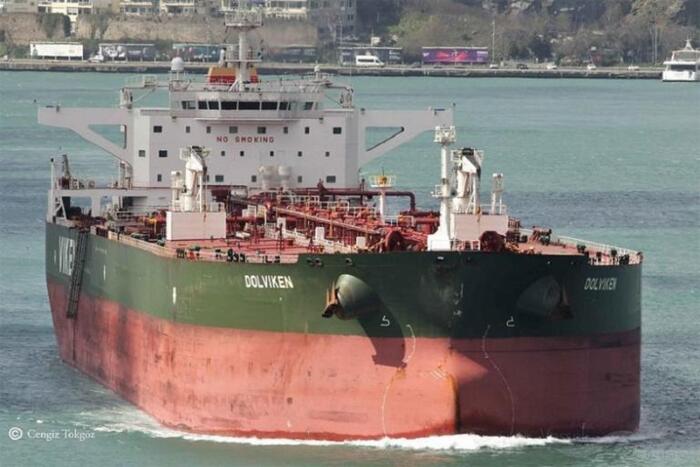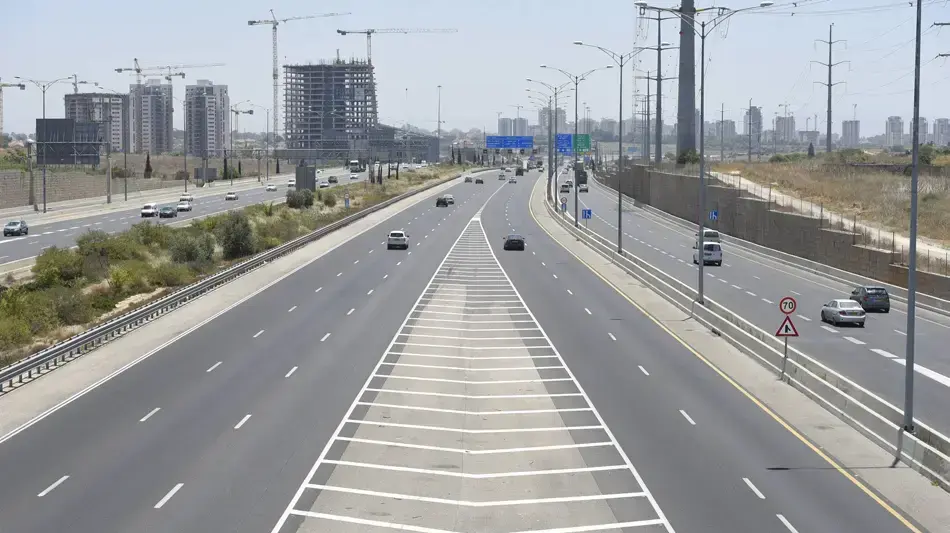Last January 23 was going to be another routine day for the crew of the container ship Mozart that made the route between Lagos and Cape Town.
However, when he was 98 miles northwest of Sao Tomé, armed men in a speedboat approached his side, got on board and started a skirmish in which one person was killed and 15 sailors were kidnapped.
It was not an isolated incident.
For a decade, the Gulf of Guinea has become the global epicenter of maritime piracy, a growing criminal activity carried out by armed gangs almost always of Nigerian origin that has been increasing in intensity to the point of representing a serious threat to maritime traffic and commercial and fishing activity in these waters.
"The evolution is clear.
Lately we have witnessed kidnappings of up to 20 crew members who are then brought ashore from attacked ships up to 200 nautical miles from the coast.
This requires a certain level of organization that did not exist before ”, assures from London Michael Howlett, director of the International Maritime Bureau (IMB, for its acronym in English), the organism of the International Chamber of Commerce specialized in maritime crime.
According to its latest report, in 2020 there were 195 ship attacks worldwide, of which 164 were successful and 31 failed, 20% more than in 2019. Of these, no less than 84 took place in the Gulf of Guinea , the most dangerous waters on the planet.
All set to receive the Suez freight avalanche
The threat of pirates makes it difficult for ships to go around Africa
The recent provisional closure of the Suez Canal due to the
Ever Given
accident
has once again focused on the need to combat piracy in a region crossed by important trade routes and where 3.2% of oil reserves are stored. worldwide, with Nigeria, Angola and Equatorial Guinea as the main producers.
Behind this piracy are, mainly, Nigerian armed groups from the Niger Delta, an area of oil exploitation that suffers great environmental degradation that has destroyed a good part of the fishing and agricultural activity and where criminal gangs who dedicate themselves to oil have flourished. theft of crude oil, both on land and in the river and marine environment.
According to the Spanish Department of National Security, the main targets are oil tankers, cargo ships or even oil rigs that are attacked to demand a subsequent ransom, steal their property or kidnap part of the crew.
These 21st century pirates use fast boats in their boardings and are usually armed with
Kalashnikov-
type rifles
, machetes and some grenade launchers.
To prevent being robbed and following the recommendations of international organizations, the shipowners have been adopting measures such as hiring security companies whose heavily armed personnel travel on board.
Another resource that is increasingly used is the provision of fully armored panic rooms, but equipped with radio and water and food for weeks, where sailors can lock themselves in until the attackers leave the boat or come to their aid.
Sometimes they don't even escape danger.
The crew of the
Mozart
got into it and after six hours of attempts the assailants managed to open the door.
Last February, the Secretary General of the International Maritime Organization, Kitack Lim, called on governments, companies and world organizations to adopt urgent measures in the face of “the escalation” of attacks in this region.
It was not the first time.
In 2011 and 2012, the United Nations Security Council approved two resolutions urging the countries of the area to develop a common strategy and the international community to support them.
As a result of all this, the Declaration of Yaoundé was signed in 2013, which called for the deployment of an international force similar to the one that has managed to significantly reduce piracy in the Horn of Africa, at least for now.
"But there are differences between piracy in one place and another," say sources from the Spanish Navy, whose patrol boat deployed in the area for about eight months a year has already participated in several rescues.
“Somalia is a failed state.
The pirates had camps on land, in areas that were under their control.
They hijacked entire ships and drove them there for ransom.
The crew could be held for weeks or months until the shipowner paid.
In the Gulf of Guinea there are states that can impose the law.
That is why the attacks are quick to steal fuel, money or electronic devices.
If, by the way, there are European or Filipino crew members, they take advantage of it and take them to hidden places on land to ask for rescue.
It is more looting than anything else, but it can be very violent, "adds the same source.
In addition to Spain, other European countries, such as Portugal or Italy, have bilateral agreements with the states of the region to deploy military ships.
However, the figures reveal that it is not enough.
The rise in piracy has not been accompanied by an international mission as it did in Somalia more than a decade ago.
The problem, experts agree, is coordination between numerous actors.
“It is complex,” says Howlett, “there have been numerous seminars and meetings in which we emphasized the need to increase the means of surveillance.
In Somalia it was relatively simple because there was practically no State, but in the Gulf of Guinea we must have the necessary agreement of functional governments, a regional strategy is necessary ”.
"I don't want to go back to school, I'm scared"
The European concern is logical.
This area is strategic for the Old Continent from a commercial point of view.
Since 2014, the European Union has invested some 55 million euros in security in the Gulf of Guinea, financing not only the presence of patrols but also equipping and training national armies.
However, many means are lacking.
Many of the riparian countries do not even have surveillance radars and sometimes have trouble even filling their boats with fuel.
Nigeria is aware of the problem, it has toughened its laws and there are strict orders to go after these criminals, but this country faces enormous security challenges throughout its territory as recently revealed by the five consecutive kidnappings of schoolchildren. in the north and west of the country.









